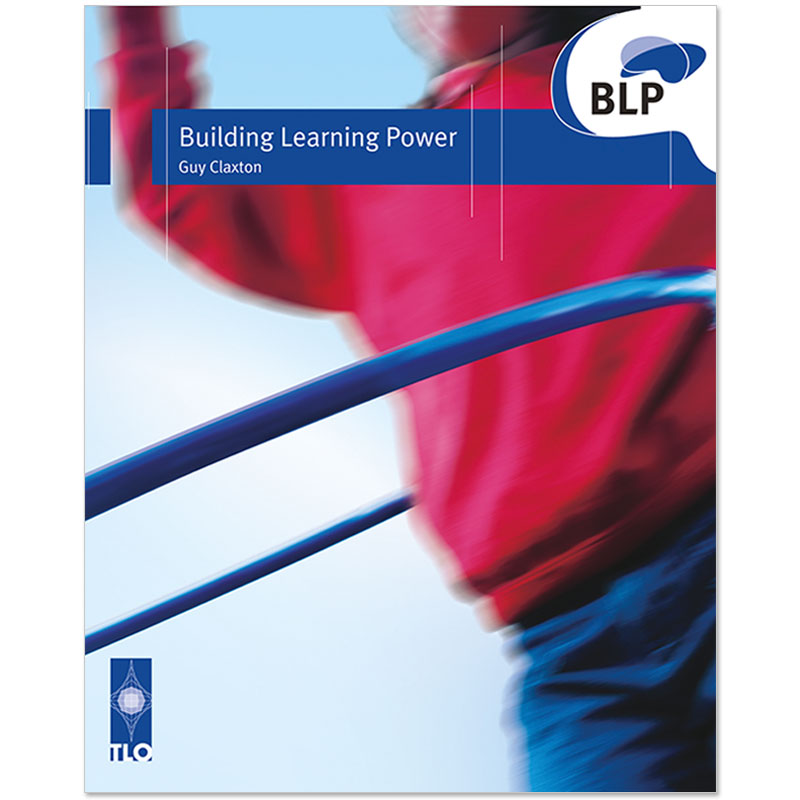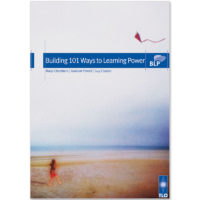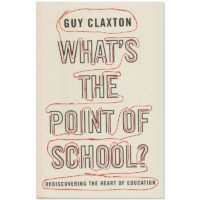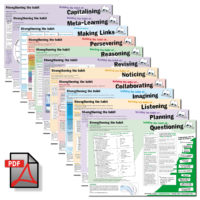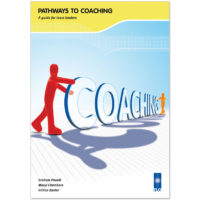To prosper in the learning age, we must learn to embrace uncertainty with robust self-confidence, and approach the future with curiosity and optimism.
Building Learning Power provides a clear direction for this exciting journey, covering:
- How and when we learn best
- The new ‘four Rs’ – Resilience, Resourcefulness, Reflectiveness and Reciprocity
- The learning mind
- How teachers can lead others’ learning, by seeing themselves as learning coaches rather than merely purveyors of knowledge
- How building learning power can combat the problems of disaffection, disengagement and disenchantment and increase achievement in tests and examinations
- The skills and understanding that will enable teachers to help young people become better learners
- How building learning power can be practically applied in schools and colleges
This book is about how teachers can help young people become better learners, both in school and out.
It is about creating a climate or a culture in the classroom-and in the school more widely-that systematically cultivates habits and attitudes that enable young people to face difficulty and uncertainty calmly, confidently and creatively.
Building Learning Power explains what this means and why it is a good idea, and introduces some of the small, do-able things that busy teachers can do to create such a climate. Students who are more confident of their own learning ability learn faster and learn better. They concentrate more, think harder and find learning more enjoyable. They do better in their tests and external examinations. And they are easier and more satisfying to teach. Even a small investment in building learning power pays handsome dividends for a school. But it also prepares youngsters better for an uncertain future. Today’s schools are educating not just for exam results but for lifelong learning.
To thrive in the twenty-first century, it is not enough to leave school with a clutch of examination certificates. You have to have learnt how to be tenacious and resourceful, imaginative and logical, self-disciplined and self-aware, collaborative and inquisitive. So Building Learning Power is for anyone who wants to know how to get better results and contribute to the development of real-life, lifelong learners – both at once.
In other words, it is for teachers, advisers, teacher trainers, parents and anyone else involved in formal or informal education. It is particularly for people who want more than sound-bites and quick fixes.
Some of the early approaches to ‘learning to learn’ were appealing but unsatisfying. They were built on shaky scientific foundations, and they did not lead to cumulative growth in students’ real-life self-confidence or ingenuity. Building learning power – BLP – is firmly grounded in both solid science and practical experience; it takes root and develops over time, and its results are therefore all the more robust.

